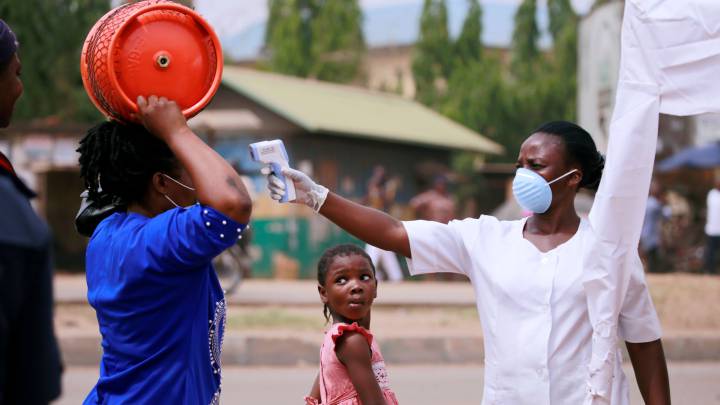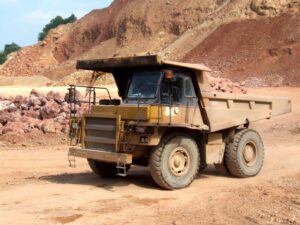
(Reuters, 21.Nov.2020) — Nigeria has slipped into a recession after its gross domestic product contracted for the second consecutive quarter, according to data released on Saturday which showed the impact of the COVID-19 pandemic and low oil prices.
Africa’s biggest economy was last in recession in 2016, its first in a generation, and emerged the following year.
But growth has been fragile and the pandemic has hit the economy hard, amid low oil prices. The continent’s top oil exporter relies on crude sales for 90% of foreign exchange earnings.
“Q3 2020 Real GDP contracted for second consecutive quarter by -3.62%,” Yemi Kale, the statistician general, said on Twitter. “Cumulative GDP for the first 9 months of 2020 therefore stood at -2.48%,” he added.
The oil sector contracted by 13.89% in the third quarter against growth of 6.49% in the same period a year earlier, according to data cited by Kale, while the non-oil sector shrunk by 2.51% in the three-months to September.
Following Nigeria’s first confirmed COVID-19 case in late February, lock-downs were imposed from late March until early May in the main cities – economic hub Lagos and the capital Abuja.
Lockdowns were also imposed in some of the country’s others states and a ban was placed on inter-state travel.
“The performance of the economy in Q3 2020 reflected residual effects of the restrictions to movement and economic activity implemented across the country in early Q2 in response to the COVID-19 pandemic,” the statistics office said in a report published on Saturday.
“As these restrictions were lifted, businesses re-opened and international travel and trading activities resumed, some economic activities have returned to positive growth,” it said.
The government had previously said it expected the economy to contract by as much as 8.9% this year in a worst-case scenario without stimulus.
__________
Reporting by Alexis Akwagyiram in Lagos and Chijioke Ohuocha in Abuja; Editing by Andrew Heavens and James Drummond

